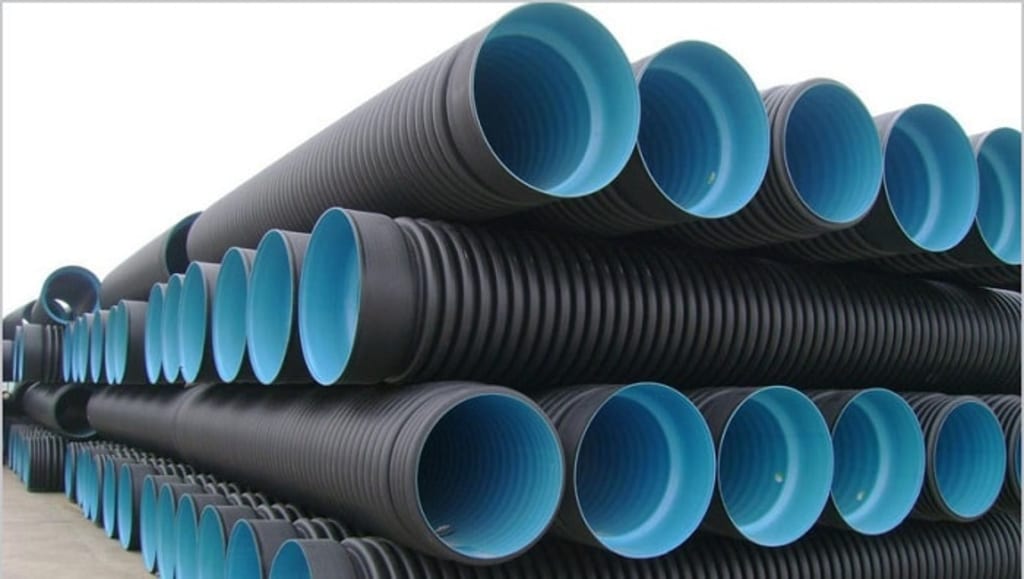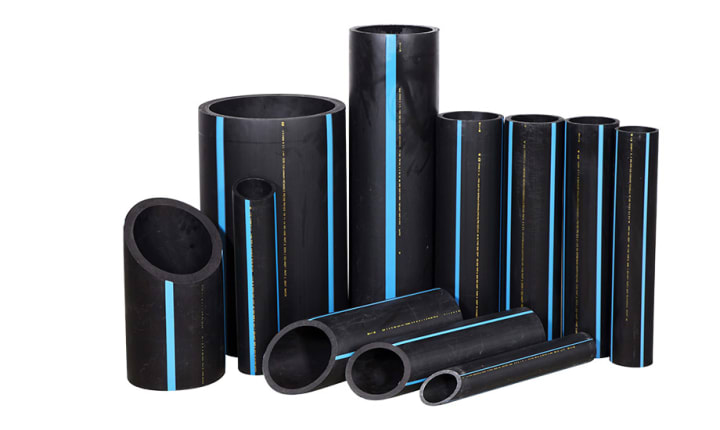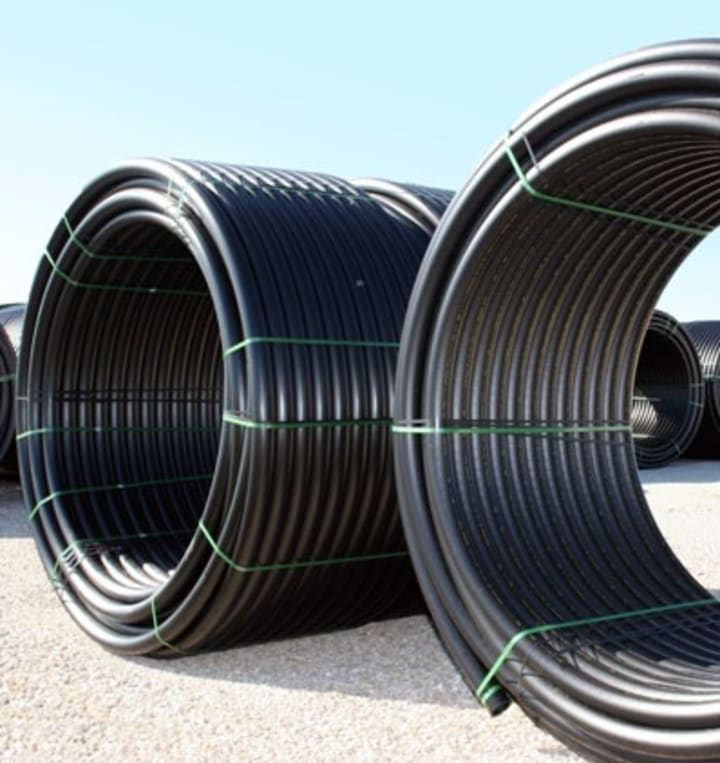What is the useful life of polyethylene pipes?
polyethylene pipes

One of the main concerns of buyers and consumers of polyethylene pipes is the quality and useful life of polyethylene pipes due to the almost high cost of these pipes compared to the whole project.
The service life of polyethylene (PE) pipes depends on various factors, including the type and quality of materials used in production, conditions of use, maintenance and installation, as well as the environment in which it is used. But according to its physical and chemical characteristics, polyethylene pipes usually have a long life and can be used for 50 years or more. In the following, we will deal with the important things to check and increase the life of the polyethylene pipe.

Choosing quality materials:
Be sure to use standard and quality polyethylene pipes. Choose reputable manufacturers and products that have valid approvals.
Correct installation:
Polyethylene pipes must be installed correctly and in compliance with the manufacturer's standards and instructions. Improper installation may result in pipe breakage or failure.
Read more: Factors affecting the lifespan of polyethylene pipes
Regular maintenance:
Polyethylene pipes require regular maintenance and protection against harsh weather conditions. Perform periodic inspections, repairs and necessary replacements.
Prevention of corrosion and chemical damage:
It is important to protect polyethylene pipes against strong chemicals, acids and alkalis. Use protective layers and coats if necessary.
Avoid contact with hard and sharp materials:
When installing, using and maintaining polyethylene pipes, avoid contact with hard and sharp objects such as cutting tools or blades. This action can prevent the pipe from breaking and bursting.
Do not apply too much pressure:
Note that polyethylene pipes are sensitive to high pressure and forces. When using pipes, avoid applying pressure higher than the standard produced to avoid breaking the pipes.
Maintaining the right temperature:
Polyethylene pipes are sensitive to high and low temperatures. If possible, keep it at a suitable temperature such as ambient temperature (25°C) and avoid exposure to temperatures outside the permitted range. One of the best ways to extend the life of polyethylene pipes and keep them away from unusual temperatures is to bury them in the ground. It should be noted that burying polyethylene pipes in the ground prevents the penetration of ultraviolet rays of the sun and increases the useful life of the pipes. It will be polyethylene

Cleaning and regular cleaning:
Clean polyethylene pipes regularly and prevent deposits, dirt and suspended particles in them. This work preserves the quality and efficiency of the pipes.
By performing these procedures and proper maintenance, you can improve the useful life of polyethylene pipes and prevent their damage and failure.
It should be noted that the most important factor in the lifetime of polyethylene pipes is the use of high-quality raw materials by the manufacturer and the production process in accordance with the standard. Vala Polymer is one of the largest producers in this field. It processes the best petrochemical raw materials and uses the best employees and machines for the production process.
The use of polyethylene pipes
Polyethylene pipes are used in various industries as an alternative to traditional pipes due to their extraordinary properties. Some of the applications of these pipes are:
• Water transfer: Polyethylene pipes are used for water transfer in irrigation systems, water supply networks, fish breeding ponds and industrial facilities.
Gas transmission: These pipelines are used to transmit natural gas, municipal gas, fire fighting gas and industrial gas.
• Oil and gas transportation: Polyethylene pipes are used for oil and gas transportation in oil and gas industries.
• Sanitary: these pipes are used to transport sewage from cities and villages.
• Industry: Polyethylene pipes are used in various industries such as chemical, pharmaceutical, agricultural and automotive industries.
• Buildings: Polyethylene pipes are used in building heating and cooling systems, fire extinguishing systems and water and sewage transportation in buildings.
Due to the unique properties of polyethylene and the advantages that these pipes have compared to ordinary pipes, it can be said that their use in various industries, especially in pressure transmission systems, has received much attention.
Source: Vala Polymer (https://valapolymer.com/)
About the Creator
Enjoyed the story? Support the Creator.
Subscribe for free to receive all their stories in your feed. You could also pledge your support or give them a one-off tip, letting them know you appreciate their work.





Comments
There are no comments for this story
Be the first to respond and start the conversation.